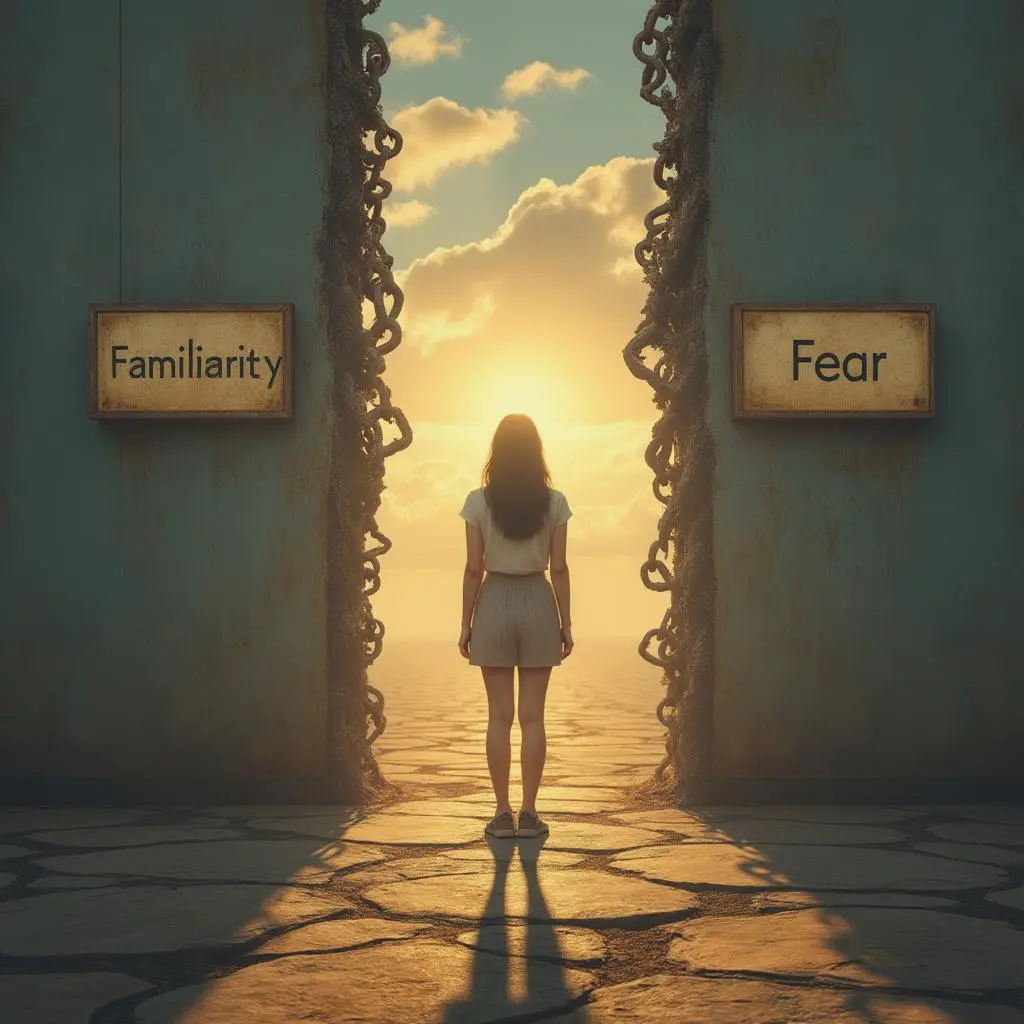Why Do We Fear Change When the System Is Clearly Broken?

Change is often perceived as a threat rather than an opportunity, even when the system we live in shows undeniable signs of failure. Fear of the unknown and attachment to familiarity keep societies trapped in structures that prioritize profit over people and maintain inequities that hinder progress.
The current system thrives on stability, even if that stability comes at the cost of human potential. Education, media, and political rhetoric condition individuals to accept the status quo as 'the best we can achieve.' This narrative creates resistance to change, as people fear losing what little security they have in an already precarious system.
Breaking free from this fear requires a shift in mindset. Individuals and communities must embrace the idea that change is not synonymous with chaos but with growth and evolution. Efforts to educate people on the benefits of systemic reform, along with transparent and inclusive decision-making processes, can help reduce fear and foster trust in the possibility of a better future.
To move forward, we must challenge the systems that exploit our fears. This means questioning why we cling to outdated models of governance, economics, and social structures when innovative alternatives exist. It also means recognizing that true progress requires collective action and the courage to envision a society built on equity, sustainability, and shared humanity.
To move forward, we must challenge the systems that exploit our fears. This means questioning why we cling to outdated models of governance, economics, and social structures when innovative alternatives exist. It also means recognizing that true progress requires collective action and the courage to envision a society built on equity, sustainability, and shared humanity.
